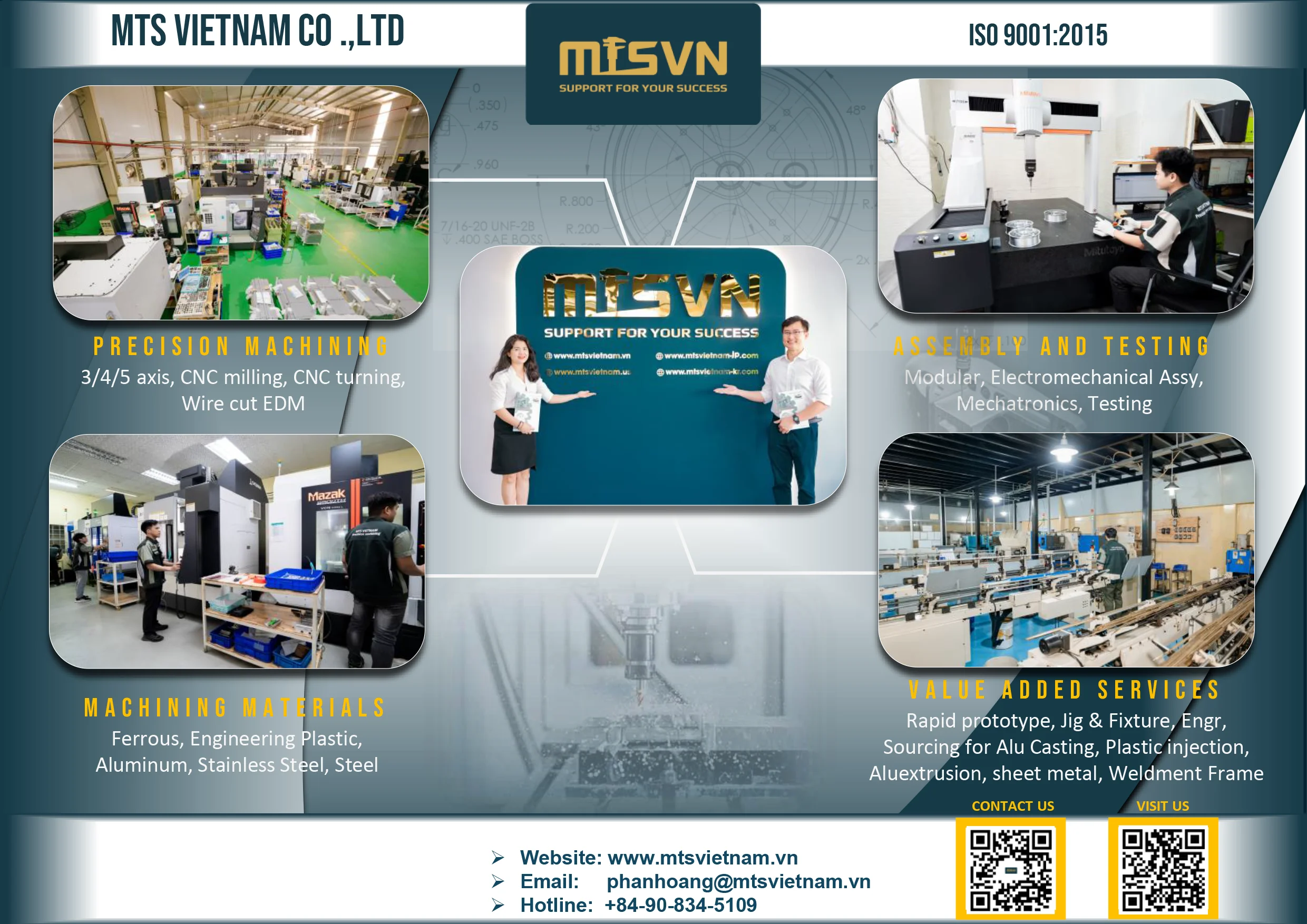Introduction
Safety in manufacturing environments is paramount, not only for protecting workers but also for ensuring continuous and efficient production. Computer Numerical Control (CNC) technology significantly contributes to enhancing safety standards in manufacturing facilities. By automating complex machining operations, CNC systems reduce the need for direct human intervention, thereby minimizing the risk of accidents. This article explores the safety benefits provided by CNC technology and its impact on the manufacturing industry.
CNC Technology and Safety Enhancement
CNC machines are designed to execute pre-programmed commands with high precision, reducing the likelihood of human error that can lead to accidents. The automation of cutting, drilling, and milling tasks means that operators do not need to interact physically with moving parts or sharp tools during machine operation.
Key Safety Benefits of CNC Technology
- Reduced Direct Interaction with Machinery: CNC machines require minimal human intervention during their operation, which significantly reduces the risk of injuries like cuts, abrasions, or worse, which are common in manual machining processes.
- Consistent and Predictable Operations: The automated nature of CNC machines ensures that operations are carried out in a controlled and predictable manner, reducing the chances of unexpected incidents.
- Enhanced Ergonomics: CNC technology allows operators to oversee and manage operations from a control panel, which avoids the need for manual handling of heavy materials or tools. This not only reduces physical strain but also limits exposure to ergonomic injuries.
- Precision and Reliability: The high precision of CNC machining limits the occurrence of malfunctions and errors that could potentially lead to dangerous situations. CNC machines are built to follow exact specifications, which minimizes the risk of defects that could cause failures in safety-critical applications.
- Improved Work Environment: CNC machines are generally enclosed, which reduces noise levels and contains debris, sparks, and other hazardous materials. This significantly improves the overall work environment and reduces health risks associated with exposure to such hazards.
Safety Across Various Industries
- Aerospace and Automotive: In industries where precision is critical not only for product performance but also for safety, CNC machining ensures that components meet strict specifications and quality standards, reducing the likelihood of failure in safety-critical applications.
- Metal Fabrication: CNC technology in metal fabrication reduces the need for manual cutting and handling of sharp objects and heavy materials, thus enhancing worker safety.
- Woodworking: CNC routers cut and shape wood without direct contact between the worker and the cutting tools, minimizing the risk of hand and finger injuries, which are prevalent in traditional woodworking.
Technological Advancements Enhancing Safety
- Advanced Monitoring Systems: Many CNC machines are equipped with sensors that monitor operation and detect potential faults or failures before they pose a risk, allowing for preemptive maintenance and intervention.
- Safety Protocols and Software: CNC technology includes safety protocols and software that prevent the machine from operating under unsafe conditions or from deviating from programmed paths.
- Automated Material Handling: Integration with robotic systems for material loading and unloading further minimizes human interaction with heavy materials and moving parts, enhancing safety.
Challenges and Future Outlook
While CNC technology significantly enhances safety, challenges such as the need for ongoing operator training and maintaining up-to-date safety features on machines remain. Future advancements in CNC technology will likely focus on even greater integration of safety features, such as improved sensors and smarter risk assessment algorithms, to create an even safer manufacturing environment.
Conclusion
CNC technology plays a crucial role in enhancing safety in manufacturing processes. By automating complex tasks, minimizing human error, and improving work conditions, CNC machines help protect workers and ensure the production of high-quality, reliable products. As technology continues to evolve, the integration of advanced safety features in CNC systems will further strengthen their role as a foundational safety component in the manufacturing sector.
MTS Vietnam is a prominent company specializing in precision mechanical components fabrication. Established in 2017, it has quickly become a reputable name in the Vietnamese and Southeast Asian markets. The company's expertise lies in CNC milling and turning parts made from a variety of materials, including Aluminum, Steel, Stainless, POM, and other engineering plastics. MTS Vietnam is dedicated to supporting the success of its customers and strives to be a leading company in the field of precision mechanical processing both in Vietnam and internationally.
In addition to its fabrication services, MTS Vietnam offers assembly services for components and machines, as well as CNC program services. This comprehensive range of services is aimed at providing optimal solutions and benefits to its customers through the company's ecosystem and strengths. MTS Vietnam emphasizes the importance of investing in new technology and quality control equipment to ensure that it can deliver merchandise at competitive prices and within the required deadlines.
WORKSHOP: 248/10 ĐT743A Street, Binh Thung 1 Quarter, Binh An Ward, Di An City, Binh Duong Province, Vietnam
Tel/zalo/viber: 0908.345.109
Email: phanhoang@mtsvietnam.vn | info@mtsvietnam.vn
Website: www.mtsvietnam.vn (Global Market) | www.mtsvietnam-jp.com (日本)
For USA Sales, please contact MTS USA at:
Tel/zalo/viber: 978-777-1716
Email: sales@mts-usasales.com
Website: www.mtsvietnam.us (US Market)







